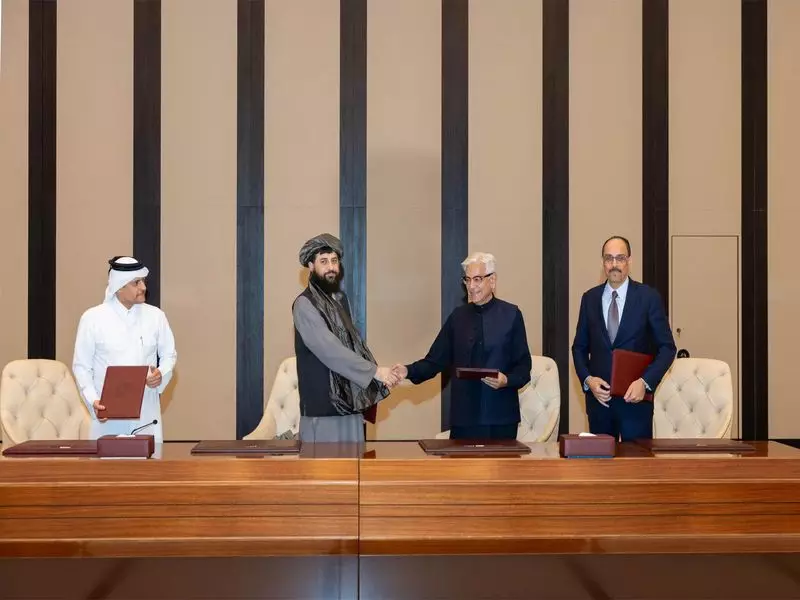
In a significant diplomatic development, Istanbul has become the stage for the second round of crucial peace negotiations between Afghanistan and Pakistan, with Türkiye playing the role of mediator in these high-stakes talks.
Continuing the Dialogue for Regional Stability
The latest round of discussions builds upon previous engagements between the two neighboring nations, with all parties demonstrating renewed commitment to addressing long-standing bilateral challenges. The talks come at a critical juncture for regional security and economic cooperation.
Key Focus Areas of the Istanbul Talks
Diplomatic sources indicate the negotiations are centered on several pressing issues:
- Counter-terrorism cooperation and enhanced security measures
- Cross-border management and movement facilitation
- Economic collaboration and trade normalization
- Refugee repatriation and humanitarian concerns
- Regional connectivity projects and infrastructure development
Türkiye's Strategic Mediation Role
As the host nation, Türkiye has positioned itself as a neutral and trusted intermediary, leveraging its historical ties with both countries. Turkish officials have emphasized their commitment to facilitating constructive dialogue that serves the interests of all parties involved while promoting regional peace.
"The continuation of these talks demonstrates the shared recognition that dialogue remains the only viable path toward resolving complex bilateral issues," noted a senior diplomatic observer familiar with the proceedings.
Broader Regional Implications
The outcome of these negotiations carries significant weight beyond the immediate bilateral relationship. Success in Istanbul could pave the way for:
- Enhanced stability in South and Central Asia
- Improved conditions for international engagement with Afghanistan
- Strengthened counter-terrorism frameworks
- New opportunities for regional economic integration
Both delegations have expressed cautious optimism about the talks' potential, though acknowledging the complex nature of the issues at hand. The international community continues to monitor these developments closely, recognizing their importance for regional security architecture.





